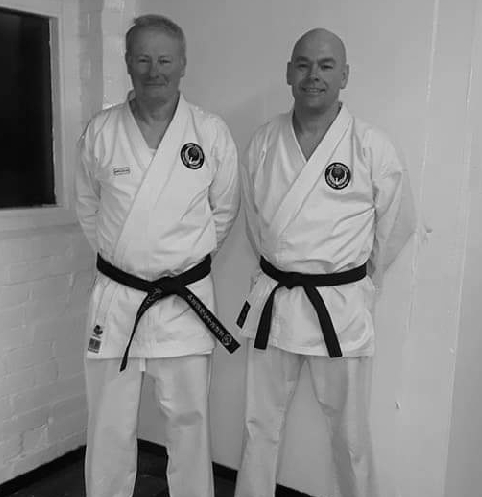
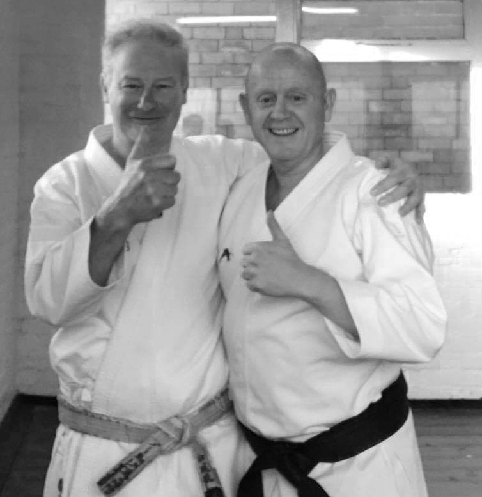
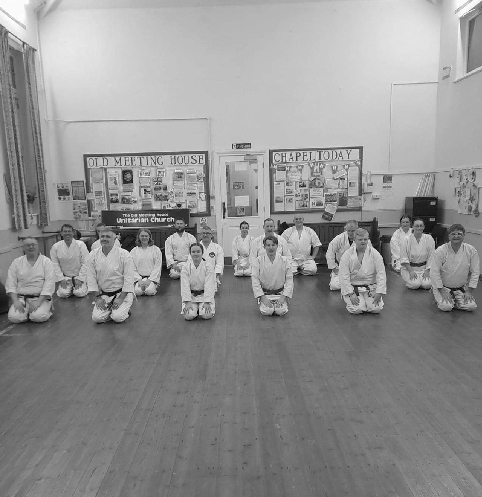
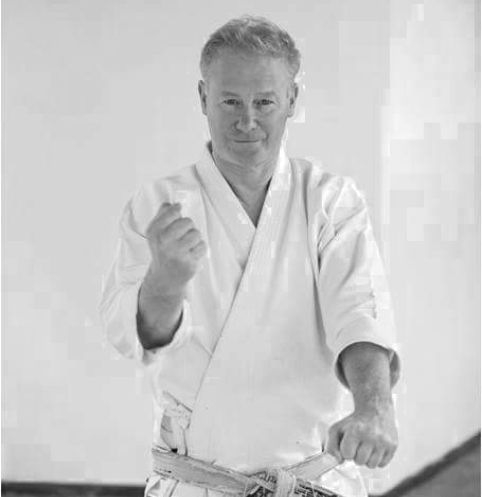
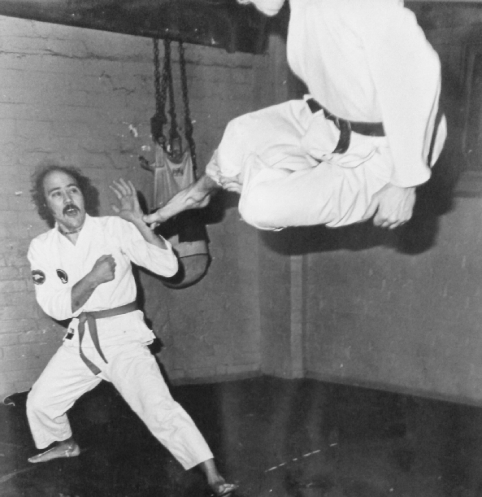
Karate is a traditional Japanese martial art that emphasises striking techniques using the hands, feet, elbows, and knees. It focuses on developing physical strength, mental discipline, and self-defense skills through structured training.
Yes, karate is suitable for people of all ages and fitness levels. Classes are often tailored to accommodate different skill levels, from beginners to advanced practitioners. Karate training can be adapted to meet individual needs and goals, whether it’s for self-defense, fitness, or personal development.
The time it takes to advance in karate varies depending on factors such as individual dedication, training frequency, and the requirements of the specific karate style or organisation. Progression typically involves testing for and earning different colored belts (kyu ranks) before reaching higher levels (dan ranks). On average, it may take several years to achieve black belt status.
When practiced under the supervision of qualified instructors and within a structured environment, karate is generally considered safe. Instructors prioritise safety by teaching proper techniques, enforcing rules during sparring sessions, and providing guidance on injury prevention. However, as with any physical activity, there is always a risk of injury, but it is minimised through appropriate training methods.
Yes, karate is an effective martial art for self-defense. It teaches techniques for striking, blocking, and evading attacks, as well as strategies for escaping dangerous situations. Beyond physical techniques, karate training also emphasises awareness, confidence, and decision-making skills to help practitioners defend themselves effectively.
Practicing karate offers numerous benefits, including improved physical fitness, enhanced flexibility, strength, and coordination. It also fosters mental discipline, focus, and self-confidence. Additionally, karate promotes respect, humility, and camaraderie among practitioners, contributing to personal growth and a sense of community.
